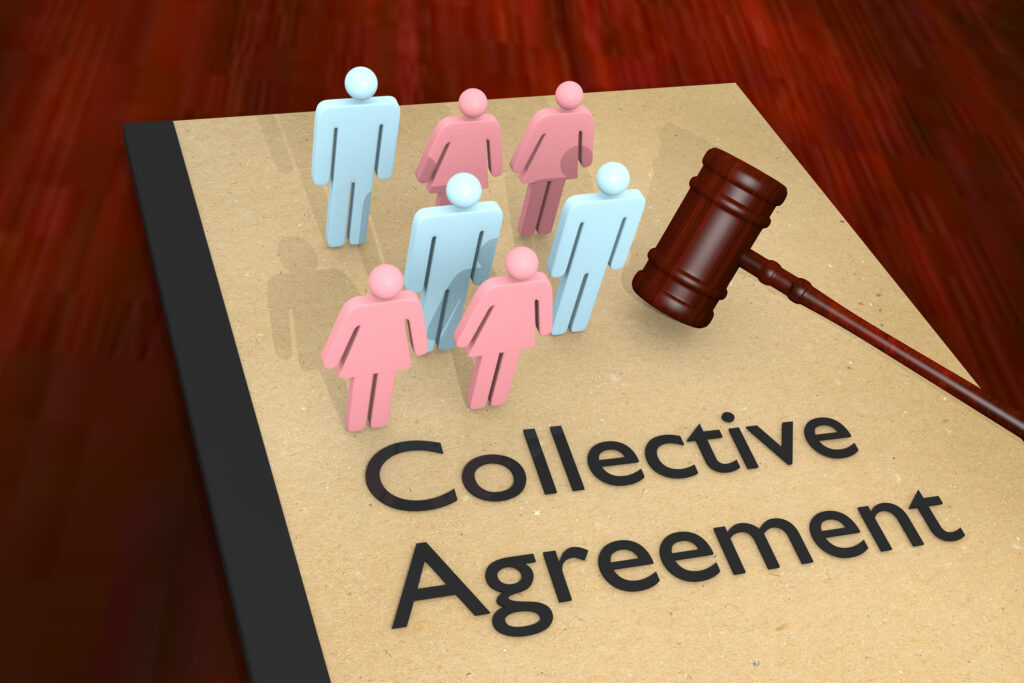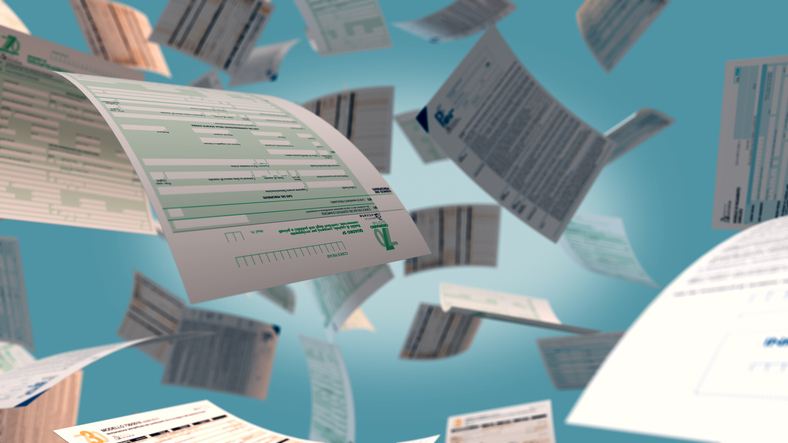After their idea met with overwhelming disapproval in 2014, two Chicago-area lawmakers are again attempting to impose sin taxes and licensing requirements on the sale of sugary snacks and drinks, purportedly to discourage people from satisfying their sweet tooth.
The Healthy Eating Active Living Act (HEAL) was simultaneously reintroduced into the Illinois House of Representatives and Senate by state Rep. Robyn Gabel (D-Evanston) and state Sen. Mattie Hunter (D-Chicago). At press time, the bill is set for a vote on the Illinois House floor.
In 2014, seven out of nine members of the Illinois House’s Revenue and Finance Committee voted against a similar version of HEAL.
The proposal offered by Gabel and Hunter would add a 1 cent tax on each ounce of sugar contained in food and drink sold in Illinois and would force retail stores to purchase a special state license to sell beverages and snacks containing sugar.
‘A Genuine Fanaticism’
Institute of Economic Affairs Director of Lifestyle Affairs Christopher Snowdon says he’s skeptical of the bill’s true motives.
“The idea of licensing and taxing soda retailers is a novel one, presumably designed to emulate alcohol licensing,” Snowdon said. “Most soda taxes are designed to raise money, but there seems to be a genuine fanaticism behind the proposals in Illinois.
“It’s possible that the licensing regime will be enough to deter some smaller retailers from selling soda, but the penny-per-ounce tax is unlikely to lead to much of a drop in soda consumption, let alone in obesity,” Snowdon said. “No soda tax yet implemented has produced any measurable health benefits. They are stealth taxes first and foremost, for which health campaigners act as useful idiots.”
Cash Grabs for Special Interests
Mercatus Center Vice President for Policy Research Richard Williams says health-related tax schemes are usually cash grabs for governments and special interest groups.
“One of the things we discovered in our research was that funds [from health-related taxes] go into the general fund,” Williams said. “In one instance, when the money came in, the groups were fighting over it like jackals. So it’s not clear at all that it will go towards anti-obesity efforts, which have not been terribly productive anyway.”
Williams says sin taxes often improve the health of the government’s finances, but not the public’s health.
“The key issue is that there is nothing new that anybody’s suggesting,” Williams said. “We’ve tried all these things. Soda is a very small percentage of the total caloric intake for most people. That’s not likely to make any difference. It means the state gets more money, but nobody has any idea how to bend the weight curve downward.”
Jeffery Reynolds ([email protected]) writes from Portland, Oregon.
Internet Info:
“Sugar Taxes Aren’t Sweet: The Case against Pigouvian Taxes on Sugar-Based Drinks,” Ryan Vinelli, https://heartland.org/policy-documents/sugar-taxes-arent-sweet-case-against-pigouvian-taxes-sugar-based-drinks/




